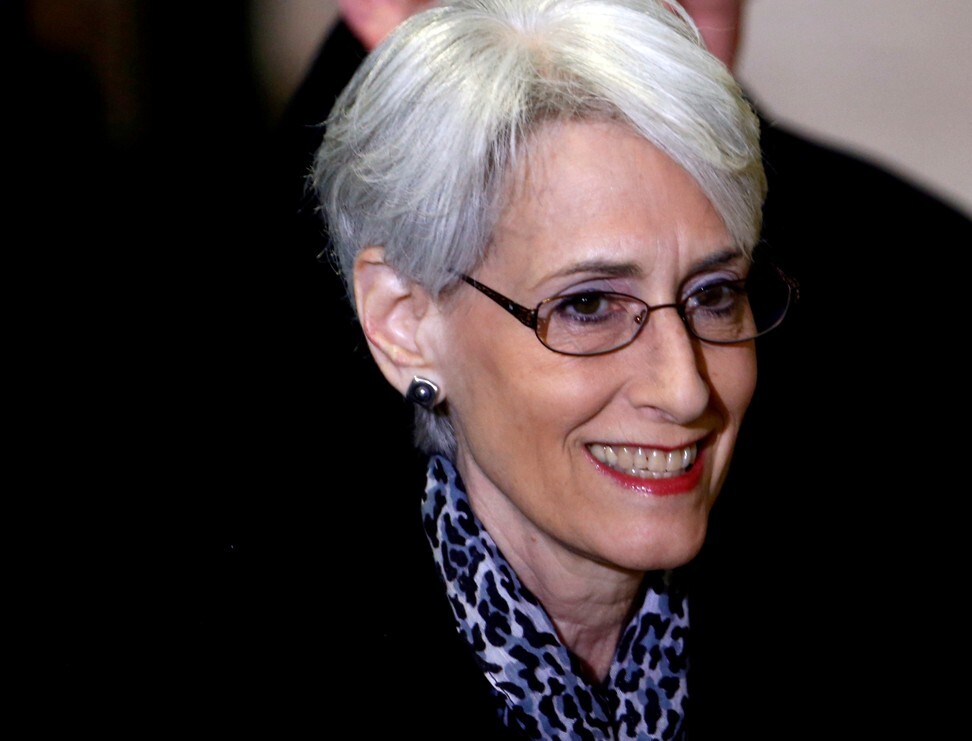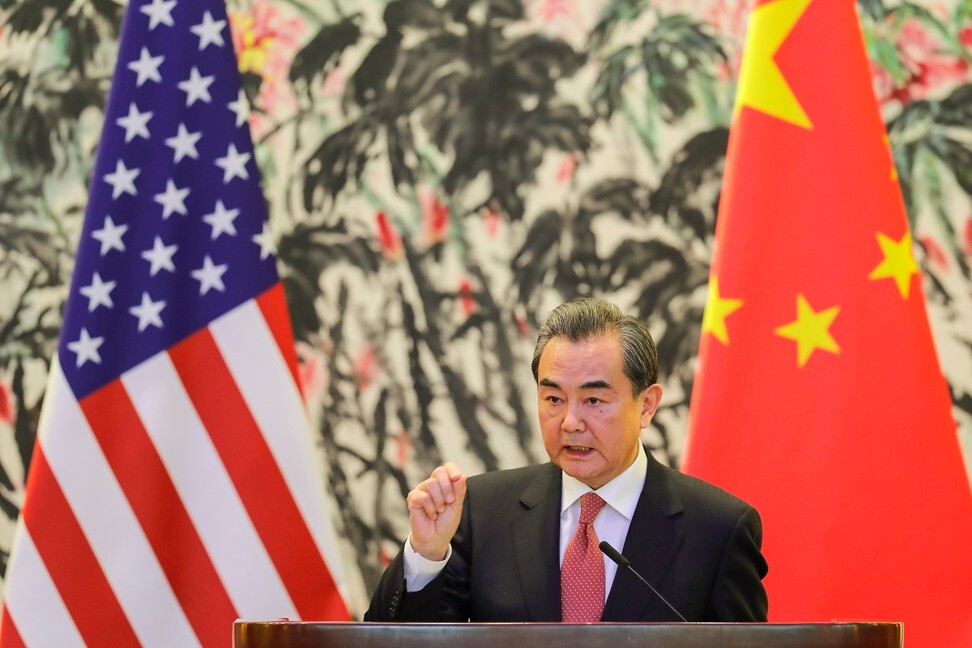
Plan A or Plan B for business? What Wendy Sherman’s China visit tells foreign investors in Hong Kong
- With Hong Kong remaining a sticking point in China-United States relations, US deputy secretary of state simply turning up to bargaining table is best result in the circumstances
- So long as bilateral contact continues amid turbulent tides, foreign investors should be smart enough to appreciate Hong Kong’s unique advantages
Diplomatic negotiation is about showing your hand to bargain for the maximum interest. And when neither side accepts that the other is in any position of strength, showing up at the bargaining table is already the best result.
That is what US deputy secretary of state Wendy Sherman’s two-day visit to China is about.
In upcoming talks, US diplomat to stress need for ‘guardrails’ with China
Hong Kong is sandwiched between the two superpowers, but unlike some Asian countries with close economic ties to China facing the dilemma of picking a side, the city does not have such a choice as it is a part of China.
It is not up to Hong Kong per se – foreign businesses operating here know the city must follow Beijing’s policies. However, investment decision-making involves more considerations than geopolitics alone.
While it was widely seen as a vote of confidence in the city, the transaction could simply be a good investment deal and not necessarily AmCham contradicting the White House, as some have suggested.

A locally based business executive in a foreign company admitted in private that they had a Plan B to move, but added that “having a Plan B is one thing; whether to activate that Plan B is quite another”.
The reality is, if foreign investors are still doing business in mainland China under a completely different political system with stringent regulations and restrictions, and in other countries in the region which are run with a similarly tight government grip, they know Hong Kong still remains very much an option.
China promises US a ‘tutorial’ in treating countries equally
That is the kind of mixed, love-hate sentiment among many foreign investors here. Sherman’s visit should provide a reference as to how give-and-take could work things out.

There were some back-and-forth twists before her trip could proceed. The US requested a meeting between Sherman and Foreign Minister Wang Yi, who is a state councillor and holds the rank of vice-premier. Sherman’s direct counterpart should be Xie Feng, a vice-foreign minister.
Beijing eventually accommodated the request, and the US side obviously did not want to ruin this opportunity either.
So as much as Hong Kong has to keep navigating turbulent tides amid deteriorating China-US relations, as long as bilateral contacts continue, investors should be smart enough to appreciate the city’s unique values and advantages.

